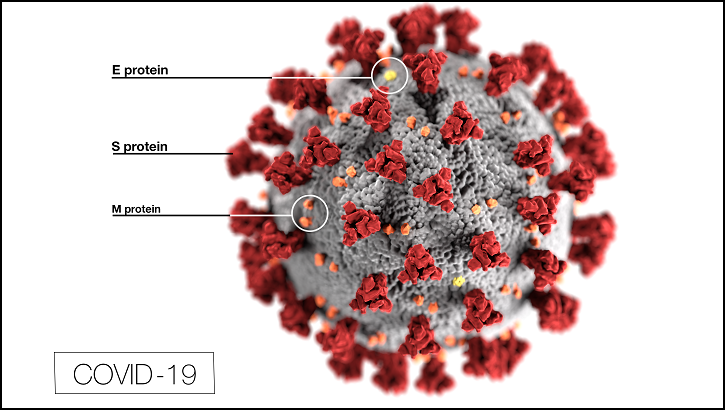The Air Force wants to hear from small businesses with big ideas to combat the spread of the new coronavirus.
AFVentures, a new group started to improve outreach to small companies that do not traditionally work with the Pentagon, published a solicitation March 30 that focuses on six areas related to the ongoing pandemic:
- Decision support
- Personnel needs
- Readiness
- Logistics
- Medical needs
- Other ideas that do not fall under those topics.
The work is intended to help the Air Force accomplish its various missions, but could be applicable to others in the military and in broader society.
For the first line of effort, the service wants to find technology that can determine where the virus would hit hardest next. It envisions being able to use social media scraping, language processing, and artificial intelligence to predict growing clusters of infection. The Air Force also called for a scalable virus-tracking tool that leaders across the service could use.
Proposals should “leverage commercially available adware data to backtrack confirmed COVID-19 infected individual movements and alert those in proximal distances to self-isolate,” the solicitation said. It calls for a mobile app for iOS or Android phones that would let people report their symptoms to inform their chain of command and feed Pentagon data analytics.
Boosting the Air Force’s ability to telework is a primary focus as well. The service seeks mobile apps to let chaplains minister from afar, telemedicine tools so Airmen can see counselors for stress and health issues, and chatbots that offer customer service to cut down on long wait times for financial, personnel, and legal consultations.
Telework may lessen the hit that Air Force readiness could take as a result of the pandemic, which has led the military to cancel numerous training exercises and shrink to essential personnel only in many workplaces.
Companies can contribute products that forecast the virus’s impact on force readiness, as well as tools that optimize training schedules as the Air Force looks to get back on track.
For logistics and medical needs, the service wants an AI-powered, centralized system that shows supply and demand for critical medical supplies. It would be able to predict when more equipment is needed and match those inventory shortages with vendors and shippers that can deliver. To bolster its stockpiles of protective equipment and other medical supplies, the Air Force aims to 3D-print health care products on demand.
It also seeks companies that make medical equipment that can help test and treat Airmen and reduce the spread of the virus.
“The goal is to identify known medical deficiencies and gaps, matched with small business solutions able to deploy rapidly after funding agreement awards,” the solicitation added.
COVID-19, the name of the illness the coronavirus causes, can stay on untreated surfaces for up to three days. That could pose problems for Airmen transporting sick patients who need to disinfect their aircraft, so the service is looking for antiviral surface coatings to use in those areas and others.
“Contact with disinfectant needs 30 seconds to 10 minutes to be effective,” the Air Force said “The surface chemistries developed would provide [the] ability to ‘bind’ COVID-19 to disinfectants, proving far more effective than ‘wiping’ surfaces.”
Deployable virus testing kits that don’t need refrigeration and can produce results in the field are on the wish list, as are adaptations that would turn the current single-patient ventilators into machines that can help two or more people at once.
Coronavirus research is one piece of a broader call for fast-tracked ideas that would receive up to $1 million lasting about two years through the Small Business Innovation Research program. The solicitation also covers artificial intelligence, autonomy, communications, cyber, directed energy, hypersonics, microelectronics, quantum sciences, space, and biotechnology.
Proposals are due April 30. USAF will take about a month to choose the winners.
